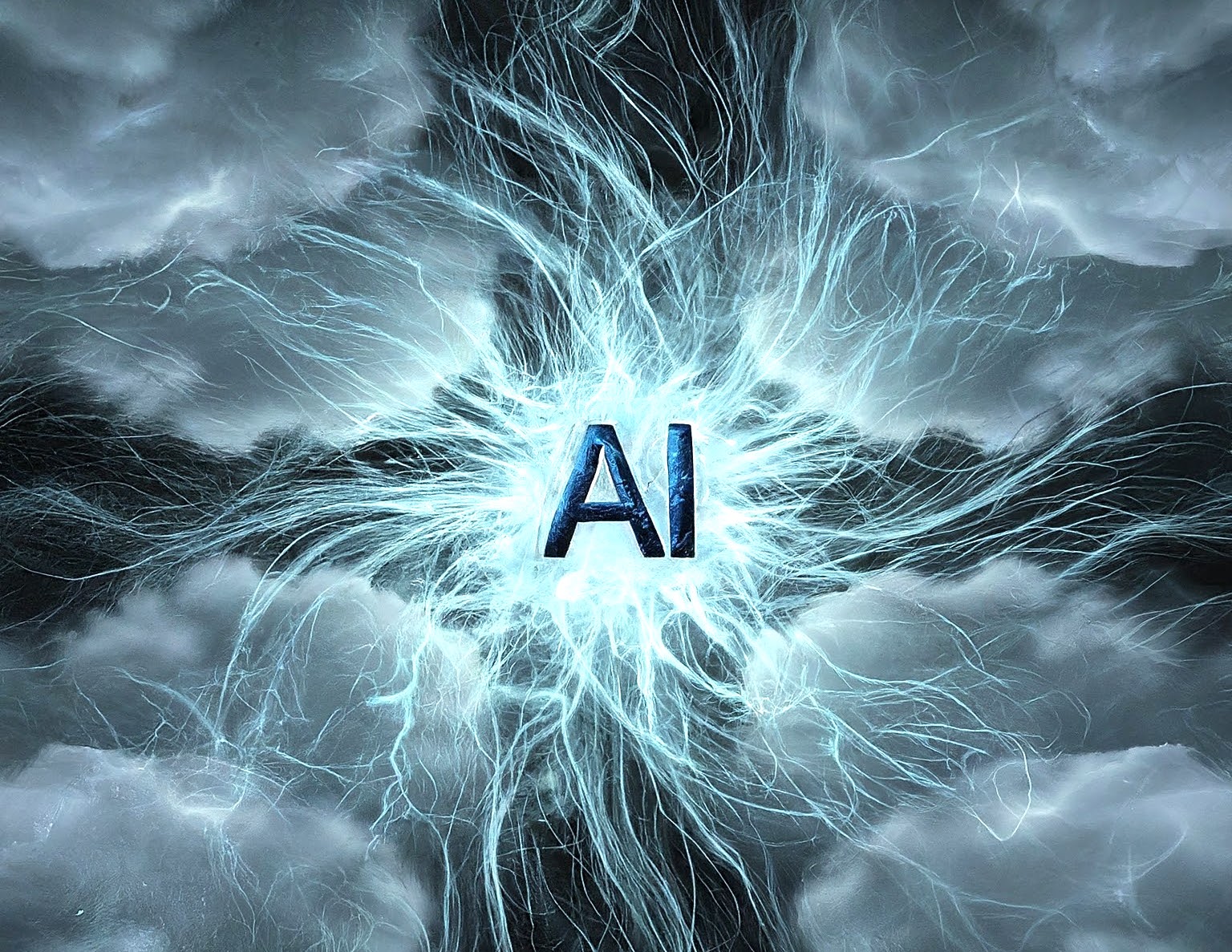 AI
AI
 AI
AI
 AI
AI
Google Cloud today unveiled a series of new data analytics capabilities aimed at streamlining enterprises’ use of unstructured used to train artificial intelligence models.
The updates include specialized AI agents and an autonomous data foundation that spans the data lifecycle. The company also said it’s adding AI features to its PostgreSQL-compatible AlloyDB database management system and boosting support for Oracle DBMS in its cloud.
The highlight of today’s announcements is specialized agents integrated into Google Cloud’s BigQuery and Looker business intelligence platform that address data engineering, data science and user experience.
Data engineering agent capabilities assist in building data pipelines, performing data transformations, maintaining data quality through anomaly detection (in preview), and automating metadata generation. They help data engineers maintain consistent data standards without extensive manual work.
A new data science agent is embedded within Google’s Colab notebook, a cloud-based platform that allows developers to write and execute Python code in a browser. It helps automate processes such as feature engineering, intelligent model selection and training to enable data scientists to focus on workflow design rather than infrastructure.
The Looker conversational analytics agent (in preview), which was developed in partnership with Alphabet Inc.’s DeepMind subsidiary, allows users to query and analyze data via natural language. At the same time, it provides explanations of its reasoning and clarifying ambiguities through a semantic layer that maps business terms like “revenue” to internal metrics. A new Conversational Analytics application program interface (in preview) lets developers embed conversational analytics into existing applications and workflows.
Google also introduced the BigQuery Knowledge Engine in preview mode. Powered by Google’s Gemini family of multimodal large language models, the engine examines schema relationships, table descriptions and query histories. Google said it can generate metadata, recommend business glossary terms and model data relationships on the fly. The engine underpins new AI-driven functions in BigQuery, including data insights and semantic search. It’s now generally available.
To streamline data science tasks, Google Cloud is enhancing BigQuery’s notebook with intelligent SQL cells that understand data context and provide smart suggestions. New exploratory analysis, visualization and collaboration feature allow teams to join and analyze data directly in notebooks and share findings. Automated scheduling can update analyses periodically.
The new BigQuery AI Query Engine integrates the Gemini foundation model to process unstructured data, That enables analysts, for example, to analyze images and match items to a product catalog.
Expanded integrations with open-source projects include Google Cloud support for Apache Kafka and a serverless version of Apache Spark. BigQuery continuous queries (now generally available) allow SQL analysis of streaming data.
New BigQuery multimodal tables (in preview) allow for unified storage and querying of varied data types. Enhanced governance features (in preview) centralize data classification, curation, usage and sharing. Automated cataloging (generally available) and metadata generation (experimental) further reduce manual tasks for data stewards.
Google’s AgentSpace agentic development platform can now search structured data in AlloyDB. The feature allows structured and unstructured data to be combined in real time.
Natural language support, which was added to AlloyDB last year, in being extended to use supplied context and interactive intent clarification when responding to queries. Administrators can define which data can be accessed using AlloyDB’s parameterized secure views, which provide an extra layer of security for agents and generative AI applications. Optimized SQL functionality now also spans vector search and structured filters and joins.
A new AlloyDB AI query engine enables natural language expressions and constructs to be used within SQL queries, including images and descriptions. Most of the new features are now available in preview model.
Support for Oracle Corp.’s base database service allows users to run Oracle databases in the Google cloud. Oracle Exadata X11M is now generally available with enterprise-level capabilities such as customer managed encryption keys. Both services are being deployed natively in 20 Google Cloud locations.
A new Database Migration Service now supports SQL Server-to-PostgreSQL migrations for Cloud SQL and AlloyDB in both self-managed and cloud-managed configurations. The service features low-downtime data migration and a rules-based conversion engine, augmented by a Gemini model trained to automate difficult migration steps, like converting Transact-SQL code and SQL Server-specific data types such as DATETIME to their PostgreSQL equivalents.
Other database-related announcement at Next include the availability of Cloud SQL and AlloyDB on C4A Arm-base instances. Database Center, an AI-assisted dashboard that provides a single view across an entire database fleet, is now generally available, supporting every Google database. Vector search and graph visualization in Spanner, a managed distributed database service, are now generally available.
Bigtable continuous materialized views, which simplify real-time updates for applications that rely on immediate reporting and insights, is now available in preview mode.
Support our mission to keep content open and free by engaging with theCUBE community. Join theCUBE’s Alumni Trust Network, where technology leaders connect, share intelligence and create opportunities.
Founded by tech visionaries John Furrier and Dave Vellante, SiliconANGLE Media has built a dynamic ecosystem of industry-leading digital media brands that reach 15+ million elite tech professionals. Our new proprietary theCUBE AI Video Cloud is breaking ground in audience interaction, leveraging theCUBEai.com neural network to help technology companies make data-driven decisions and stay at the forefront of industry conversations.